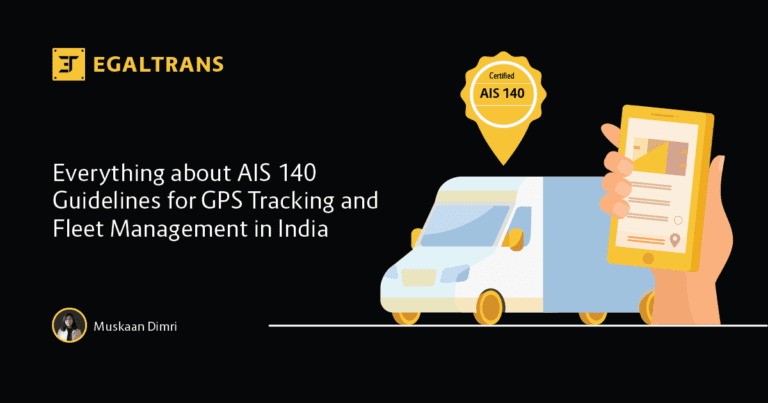In the dynamic and ever-evolving trucking industry, transporting agents play a crucial role in bridging the gap between fleet owners and shippers, ensuring smooth operations and profitable ventures. As the demand for efficient logistics and transportation solutions increases, the significance of skilled transporting agents becomes even more pronounced. Being a successful transport agent requires a delicate balance of relationship management, market knowledge, and effective communication.
This article delves into the essential qualities and strategies that can help aspiring transporting agents excel in their roles, contributing to the growth and success of the trucking industry.
Balancing the Relationship Between Fleet Owners and Shippers
A key responsibility of a transporting agent is to balance the relationship between fleet owners and shippers. This involves understanding and catering to the needs of both parties. Fleet owners require reliable and profitable assignments to keep their operations sustainable, while shippers seek timely and cost-effective delivery of goods. Maintaining transparency in communications, negotiating fair rates, and ensuring timely payments are essential for fostering trust and long-term relationships. An effective agent must manage expectations and mediate any disputes to ensure smooth operations.
In India, where the trucking industry is critical to the economy, maintaining this balance is particularly crucial. With over 5 million trucks operating in the country, the demand for reliable transportation services is high. Transporting agents must navigate this vast network efficiently to meet the logistical needs of various industries.
A Good Transport Agent has Deep Knowledge of Logistics Market and Dynamics
An excellent transporting agent possesses a deep understanding of the logistics market and its dynamics. This includes staying updated with the latest trends, regulations, and technological advancements. Knowledge of route optimization, fuel management, and load planning can significantly enhance the efficiency of operations.
In India, the logistics sector is rapidly evolving with the introduction of initiatives like the Goods and Services Tax (GST) and the development of the Dedicated Freight Corridor (DFC). Agents need to be well-versed with these changes to leverage new opportunities and tackle challenges effectively.
Having an Impactful Influence on Fleet Owners, Drivers, and Shippers
Building and maintaining an impactful influence on fleet owners, drivers, and shippers is crucial for a transport agent. This involves developing strong relationships, being dependable, and demonstrating integrity. Fleet owners rely on agents to secure profitable contracts, while drivers look for fair treatment and support. Shippers seek reliability and efficiency in service.
Effective communication and problem-solving skills are essential to address the concerns of all stakeholders. In India, where the trucking community is often fragmented and unorganized, a transporting agent with a good reputation can bridge gaps and foster a collaborative environment.
Giving Back Knowledge to New Entrants and Coaching New Transporting Agents is Top Priority for a Good Transport Agent
Experienced transporting agents have a wealth of knowledge that can be invaluable to new entrants in the field. Sharing insights and best practices helps in raising the overall standards of the industry. Mentoring new agents not only contributes to their professional growth but also strengthens the logistics network. Teaching them how to start a transport agent career is giving back to the industry.
In the Indian context, where the logistics industry is poised for significant growth, fostering a culture of knowledge-sharing can drive innovation and efficiency. Government initiatives like the Logistics Division under the Ministry of Commerce and Industry aim to enhance skills in the sector, and seasoned agents can play a pivotal role in this endeavour.
Being a good transport agent in India requires a blend of strategic thinking, in-depth market knowledge, and strong interpersonal skills. By balancing relationships, staying informed, building influence, and sharing knowledge, transporting agents can drive success for fleet owners, shippers, and the logistics industry as a whole. As the sector continues to grow and evolve, the role of transporting agents will remain critical in ensuring seamless and efficient transportation of goods across the country.






